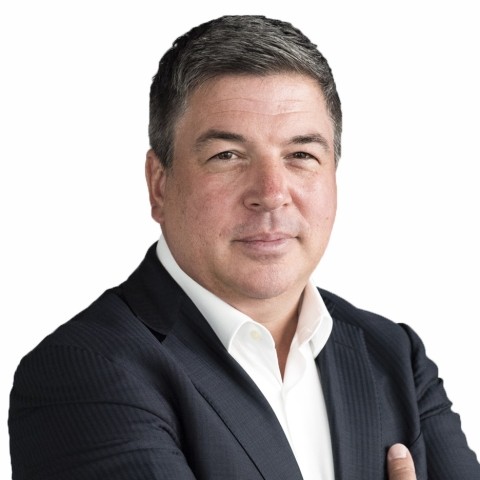Freedom to trade: the true meaning of open finance
At Finastra, we believe wholeheartedly that the future of finance is open. The introduction of Open Banking was the catalyst for a transformational shift in retail banking, creating new value and convenience for the customer through the unbundling and re-bundling of financial services. And now, the momentum continues – across payments, lending, corporate banking and trade. Open Finance transcends faster payments or account aggregation, it’s about lowering barriers, increasing collaboration between banks and fintechs, enabling connectivity and leveraging the power of the network.
Open Trade enables millions of sole traders and SMEs around the world to find new markets for their products and services that would previously have been impossible to reach (either for reasons of cost or access). And the growth of new technologies, such as the Internet of Things (IoT) and data analytics, will create many more opportunities for open international trade.
Take the example of Nguyen Van Son and his coffee farm, Son Pacamara, in Da Lat, Vietnam. Nguyen uses natural, organic processes that are sustainable for the environment, growing coffee alongside vegetables and fruit plants.
Growing coffee in this way is both challenging and expensive, and in the past, he sometimes struggled to find the finance to keep the farm going.
But with the help of Thao, his relationship manager at his local Vietbank, Nguyen was able to secure not only the funds he needed, but advice and support. Financial literacy is as much a requisite component of long-term economic growth as the funds themselves, and it is only through a combination of the two that we can hope to create sustainable economic development. Through our open trade solution, Vietbank also has access to a huge network of possible global customers suitable for its clients like Nguyen, which helps to assess any risks of doing business with them.
Vietbank didn’t just consider past financial performance when assessing Nguyen’s suitability for finance, but looked at all aspects of his business, including previous crop yields. It then combined this information with some of its own predictive analytics and data such as weather patterns and currency fluctuations, to better model the business’s potential and viability.
Today, Son Pacamara is selling coffee to customers right across the world, including in Korea, the UK and the USA, delivering products to wider distribution chains via cooled transport scooters. Both Nguyen and his buyers have full visibility of the end-to-end supply chain, to track the location of the goods, as well as physical factors such as the temperature and humidity of the cargo, so everything is delivered to the highest possible standard.
As soon as deliveries are made and payments for the coffee are received, Nguyen gets an alert on his mobile phone – only achievable using a system that is automatic, transparent and completely open. Ultimately, for our small business owner, the access to new markets afforded to him through Open Trade means that he can continue growing coffee without compromising on the sustainable methods that he’s passionate about.
Tremendous progress has been made in recent years in terms of the speed and accuracy of Open Banking platforms, and that’s to be welcomed. At Finastra we believe the true future of Open Finance is about connecting the ecosystem and creating a platform for innovation that helps the financial community design solutions and services that fit around customers’ needs and lives (not vice versa). We are doing this by bringing innovators together with financial institutions so they can co-create exceptional experiences and outcomes for people and businesses.
As the collaboration between Nguyen and Vietbank clearly shows, it is possible to build a successful, entrepreneurial and international business using smart technology and smart, informed decision making. Follow this link to see the Son Pacamara sustainable coffee farm in action.

